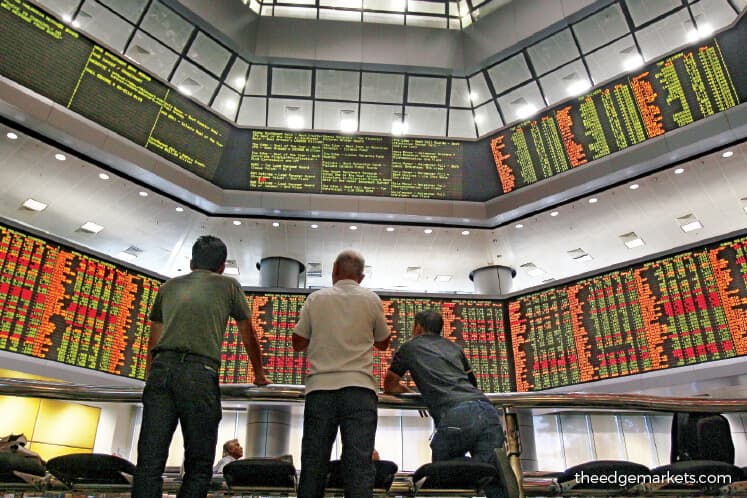
This article first appeared in The Edge Financial Daily on March 20, 2020
KUALA LUMPUR: Bursa Malaysia does not see the urgent need to impose a blanket ban on short-selling activities in the local stock market as a measure taken to stop the market plummet.
The regulator believes that the current rules are sufficient enough to ensure market efficiency and there is a platform to safeguard investor interests.
Bursa told The Edge Financial Daily that the exchange is conscious about the market’s volatility due to the uncertainties beyond its control.
“However, enabling continuous market trading with minimal intervention is critical to support the principles of an efficient market, facilitating market participants to conduct the necessary to manage their risks and performance of their investments.”
“The rules governing the operation of our markets, including those on restricted short selling (RSS) and intraday short selling (IDSS), are clearly set out and made transparent to all market participants while protecting and preserving market integrity and confidence,” the exchange’s spokesperson commented in an email reply when queried on the likelihood of banning short-selling activities.
This week, France joins other European countries to ban short selling in a bid in hopes to stem stock market bleeding.
As more European markets enforce a ban on short selling as a measure to curb irrational selling that swings share prices, this prompted some in the local investing fraternity to hold the view that Bursa should consider a similar move.
Bursa’s spokesperson explained further that the stock exchange is confident that its platform and market safeguards already in place, such as the circuit breaker and other specific measures, will provide an anchor of stability and structure to market participants to help them manage the potential risks and opportunities they may face.
“We also have an extended tick rule to be applied for all short selling. This would enable the short selling to continuously take place in an orderly manner in current volatile market conditions,” said the spokesperson, noting that Bursa will continue to monitor the market vigilantly and will take all necessary steps to maintain market integrity.
Malaysia imposed a ban on short selling dated back during the Asian financial crisis in 1997/1998. Bursa reintroduced RSS in 2007 starting with only 70 stocks. Then in 2018, Bursa officially introduced IDSS. Some 280 securities have been made available for short selling. The list is reviewed every six months.
Currently, Bursa will suspend IDSS and proprietary day trading (PDT) when a stock falls more than 15% from the previous day’s closing price, or if the gross short selling volume exceeds the daily maximum limit of 3% of outstanding shares per security.
Given the global equity rout, share prices, including blue chips, have tumbled by at least a quarter to a decade-low. The sharp fall, which is considered as the worst since the Asian financial crisis, has unnerved investors, some have blamed short sellers for adding fuel to the selldown.
The FBM KLCI has tumbled 23.2% to an 11-year low of 1,219.72.“Some believe short sellers are fuelling the downward pressure of markets while others hold the view that short selling is a market “stabiliser” as short sellers are lending support to share prices when they cover their positions,” said a fund manager.
Since the start of the selldown, Bursa has been suspending IDSS and RSS on individual stocks when share prices drop too sharply.
Yesterday, Bursa Malaysia suspended the short selling under PDT and IDSS for 24 companies. This included KLCI component Malaysia Airport Holdings Bhd, as the last done prices of the approved securities dropped more than 15% from their reference prices.